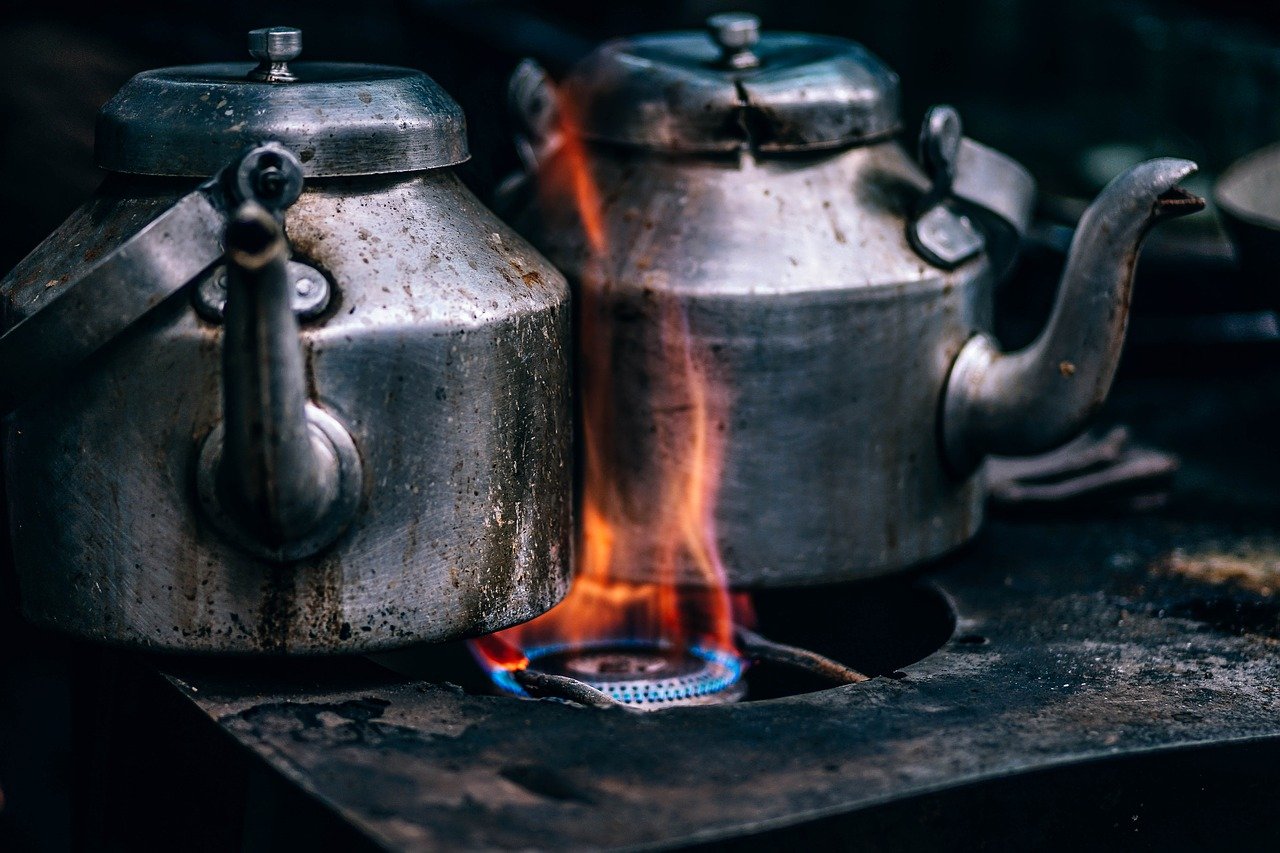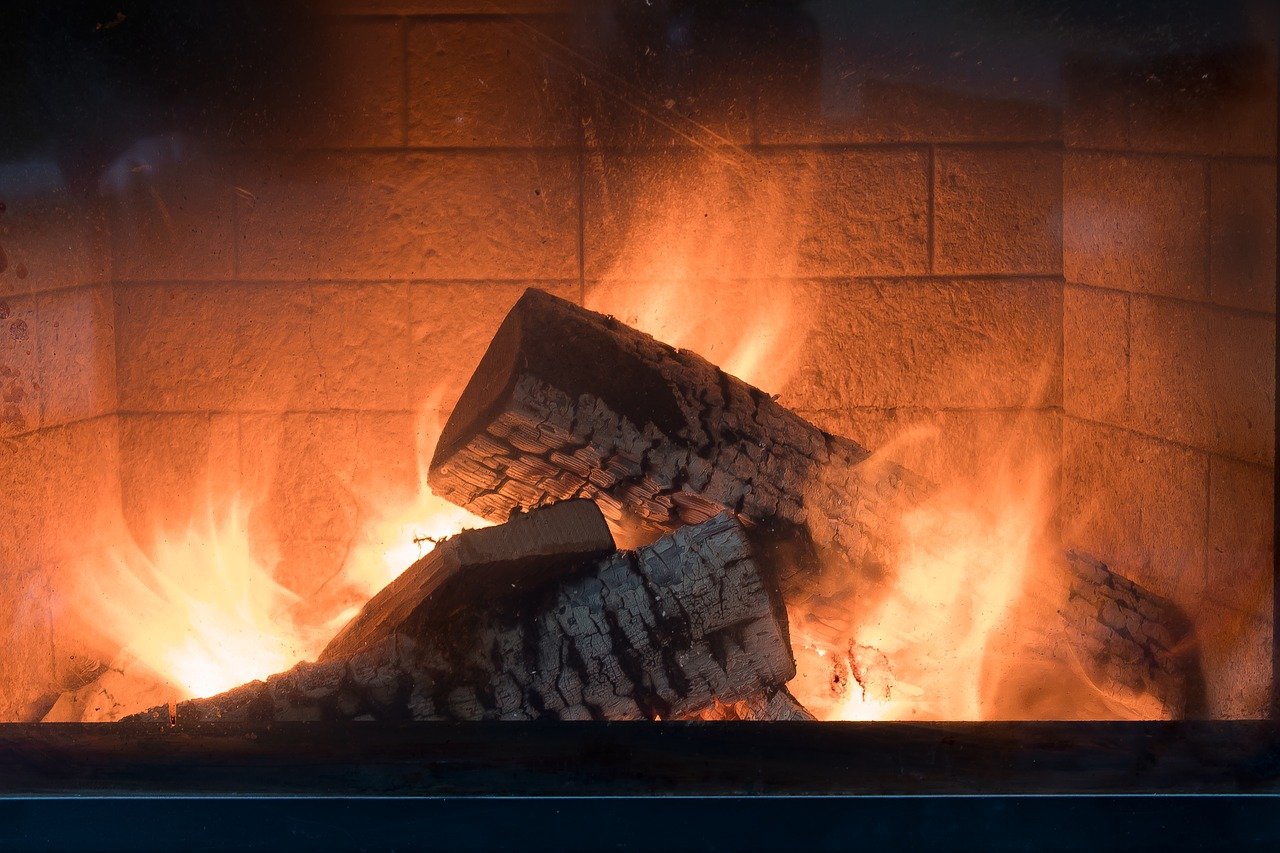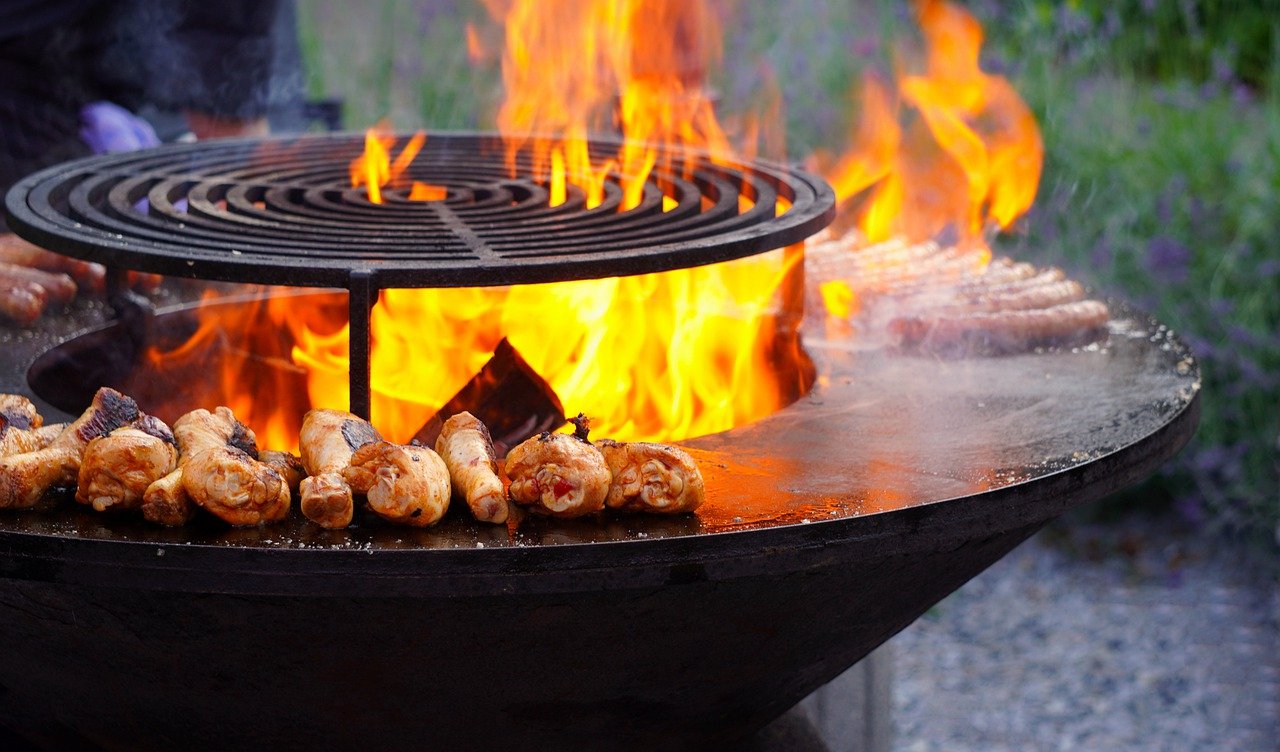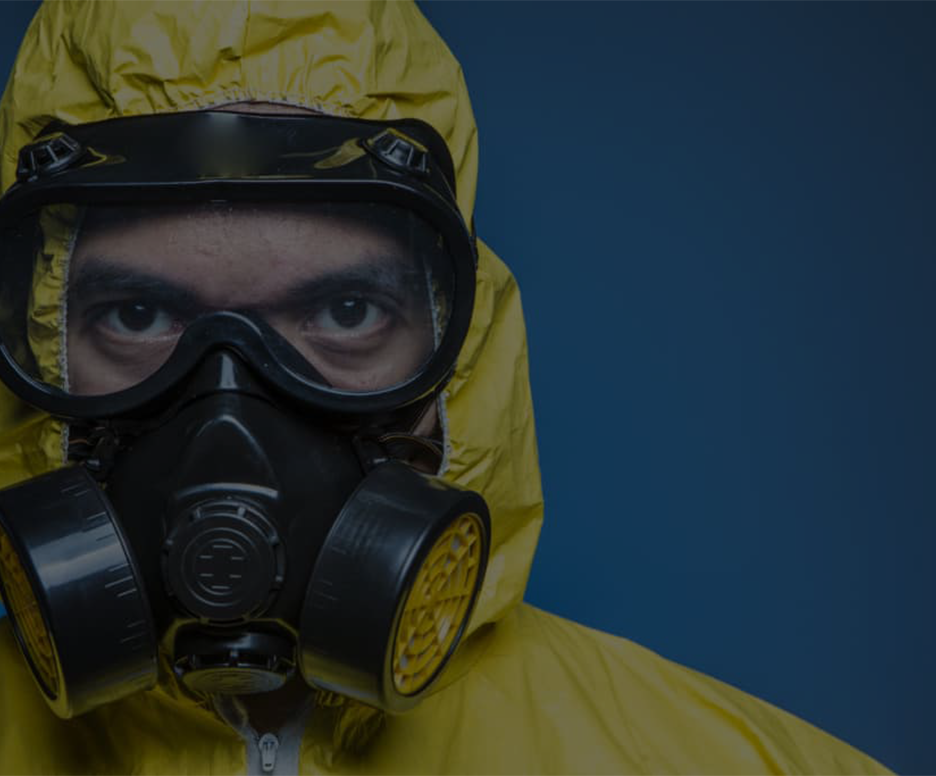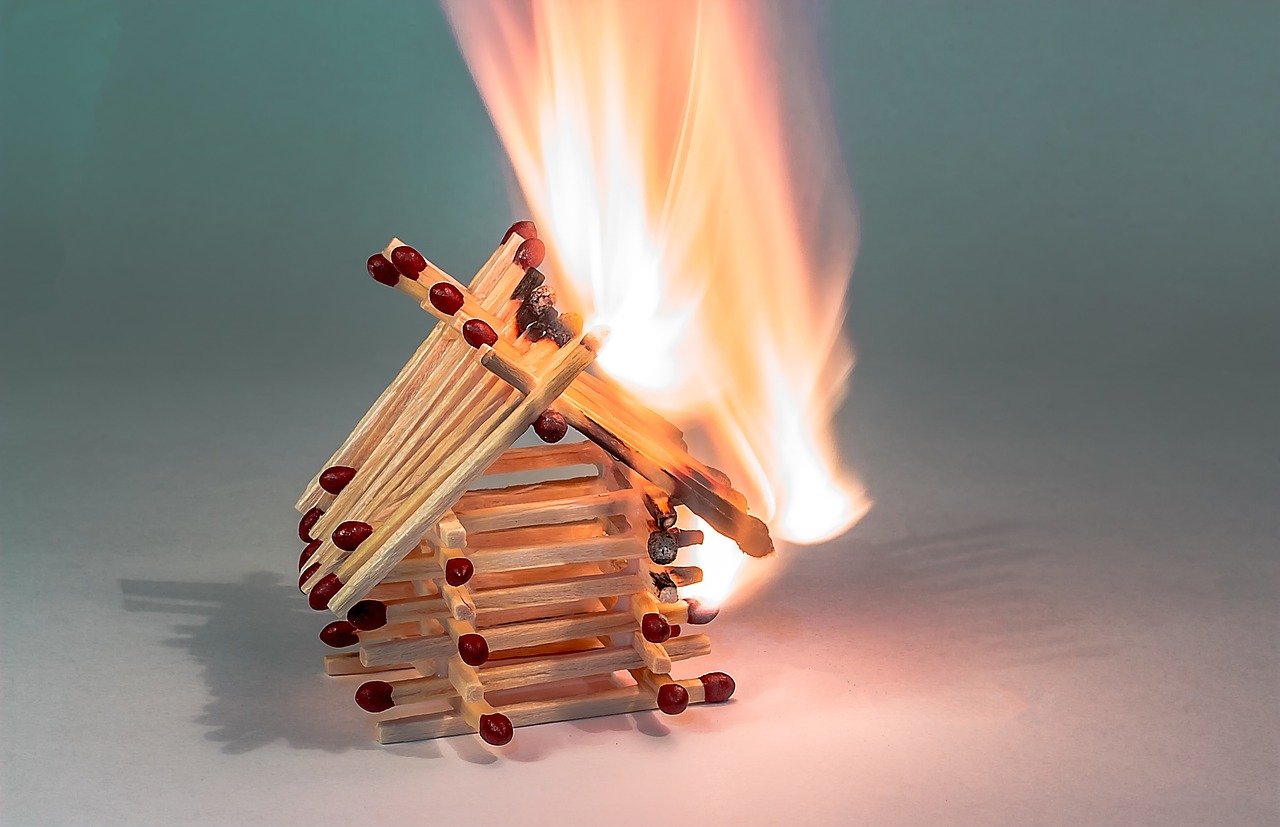
6 Most Likely Areas Where A Fire Will Start In Your House By 911 Water Damage Experts
According to the National Fire Protection Association, fire departments across the US attend over 354,000 home structure fires every year (24, 000 in Canada). These result in close to $7 billion in property damage, over 11,000 civilian injuries, and in excess of 2,600 civilian deaths (377 deaths per year in Canada).
While you will not be able to prevent every home structure fire, you can educate yourself on where they are more likely to happen.
Here are six of the most common areas where fires are likely to start in your home.
In the Kitchen
The kitchen is the most common part of your home for fires to start.
It’s also the leading cause of injuries relating to fire. Perhaps most concerning about these facts is that many kitchen fires are caused by unattended cooking, which means they are preventable fires.
Whether you’re working with an oven, your stovetop, or even a toaster oven, full supervision is paramount.
Even stepping away from a frying pan full of oil for a few seconds can result in a devastating fire that causes irreparable damage, injuries, and even a loss of life.
Fortunately, there are many ways you can prevent kitchen fires from happening in the first place.
Remember to turn off all appliances when you’re not using them, and keep items off hot surfaces.
Roll up your baggy sleeves while cooking, and always keep a Class B fire extinguisher handy in case you need to use it.
Most importantly, ask another member of your household to watch the stove if you need to step away to take care of something else.
Your Bedrooms
Given a lack of ovens and appliances in your bedroom, you may be quite surprised to learn that it’s a common area for fires to start.
That’s because even though there are no kitchen appliances there, there are still plenty of electrical products.
Malfunctioning lighting, overtaxed wiring, and heaters too close to bedding, carpet, and curtains are all common causes of bedroom fires.
Unfortunately, there’s a high risk of loss of life in a bedroom due to many fires starting while the occupant is sleeping.
You can address many of these hazards in seconds. Replace any cords that are frayed or damaged.
Don’t overload power plugs. Make sure space heats are at least three feet away from anything flammable.
If some fire damage occurs, you can rely on a fire restoration expert to do their best to restore some of your precious possessions.
Laundry Rooms
Did you know around four percent of all house fires start in the laundry?
In over 90 percent of those fires, a dryer is to blame. Ensure you don’t overload your washer and dryer and follow the manufacturer’s instructions for use.
At least once per year, clean your dryer’s ducts and exhaust vents, and clean the lint screen and drum after every load.
It’s also essential to make sure you’re operating your laundry appliances with the appropriate voltage and have metal venting materials instead of plastic.
You may not be able to prevent every laundry fire. Still, these small changes in daily behavior may be able to make a difference to the risk.
Living Rooms/Lounges
The living room in most people’s homes is where family and friends gather. It’s where you get warm around a fire or heater, watch TV, play games, and socialize.
However, it’s also one of the most common parts of your home to go on fire. Why is that?
Often, it’s to do with your heating sources. While fireplaces can be beautiful, they can also be deadly when not maintained or cared for properly. Before the mercury plummets, phone a professional to clean your chimney.
You can then enjoy peace of mind that when you light it, there are no obstacles in the fireplace or chimney that could start a fire other than where you want it.
It also helps to invest in fire screens if you use an open fire.
These can stop logs and embers from making their way onto carpets and rugs and igniting. If you plan on leaving the house, make sure the fire is entirely out before you do so.
However, not everyone has a fireplace, so what else is causing fires in these areas?
Space heaters are also fire culprits. When used too close to flammable items like carpets, curtains, and clothing, they can lead to intense fires that damage or completely gut a home.
Your Crawl Spaces and Attics
It’s easy to forget about your crawl spaces and attics because you don’t see them every day.
Often, they aren’t easily accessible. In saying that, they are one of the leading causes of house fires. So, maybe you shouldn’t forget about them.
There are over 10,000 attic fires reported in the United States annually.
Many of these are caused by electrical failures. Older homes and properties with people who have dabbled in DIY, possibly where they shouldn’t, can be more at risk.
It can be worth contacting an electrician to inspect your entire home’s wiring – including crawl spaces and attics – for peace of mind.
Outside Your Home
Even though most fires at residential properties are inside, that doesn’t mean they can’t happen outside.
Dry vegetation, grills, firepits, and smokers, can all be fire hazard risks.
While not entirely preventable, you can significantly reduce the risk of a fire outside your house by setting a few house rules.
Only ever use grills, smokers, and other cooking appliances at least ten feet away from structures or combustible materials.
Make sure you keep a fire extinguisher handy while cooking and clean your grill after each use. It’s also worth keeping a bucket of water near any fire pits your light as a “just in case” measure.
Before retiring for the evening or leaving your home, make sure any fire pits you have lit are entirely extinguished.
There may be hundreds of thousands of house fires every year in the United States, but there doesn’t have to be. Take a few extra precautions with heating, appliances, and your home power supply to potentially reduce the risk. However, if you find yourself with fire damage, it can be worth calling a fire restoration expert near you to see what they can do to help. If you have comments and questions feel free to drop us a comment below or on our Facebook fan page. You can also call us anytime at 1-833-WE-DRY-IT for help 24/7/365 for water and fire damage repair and restoration.

